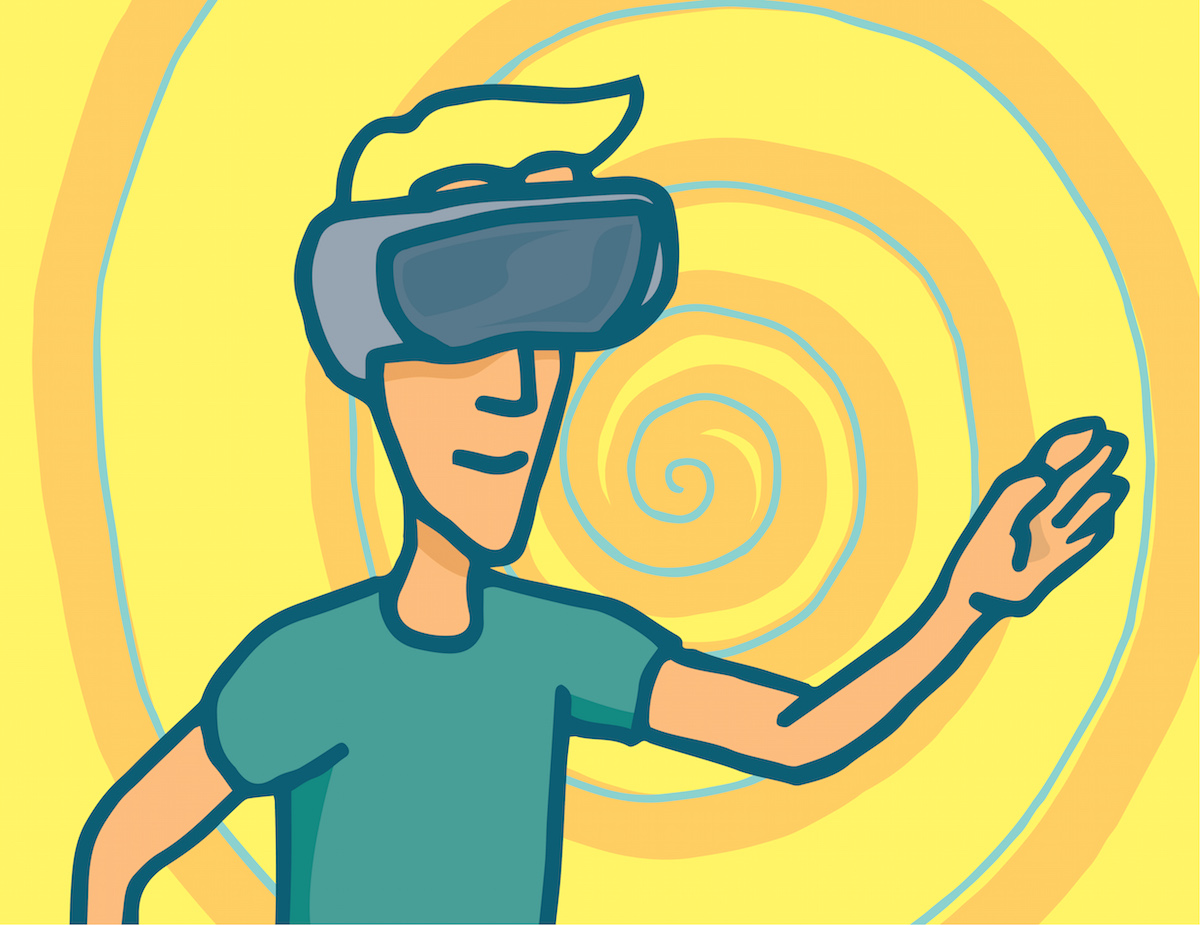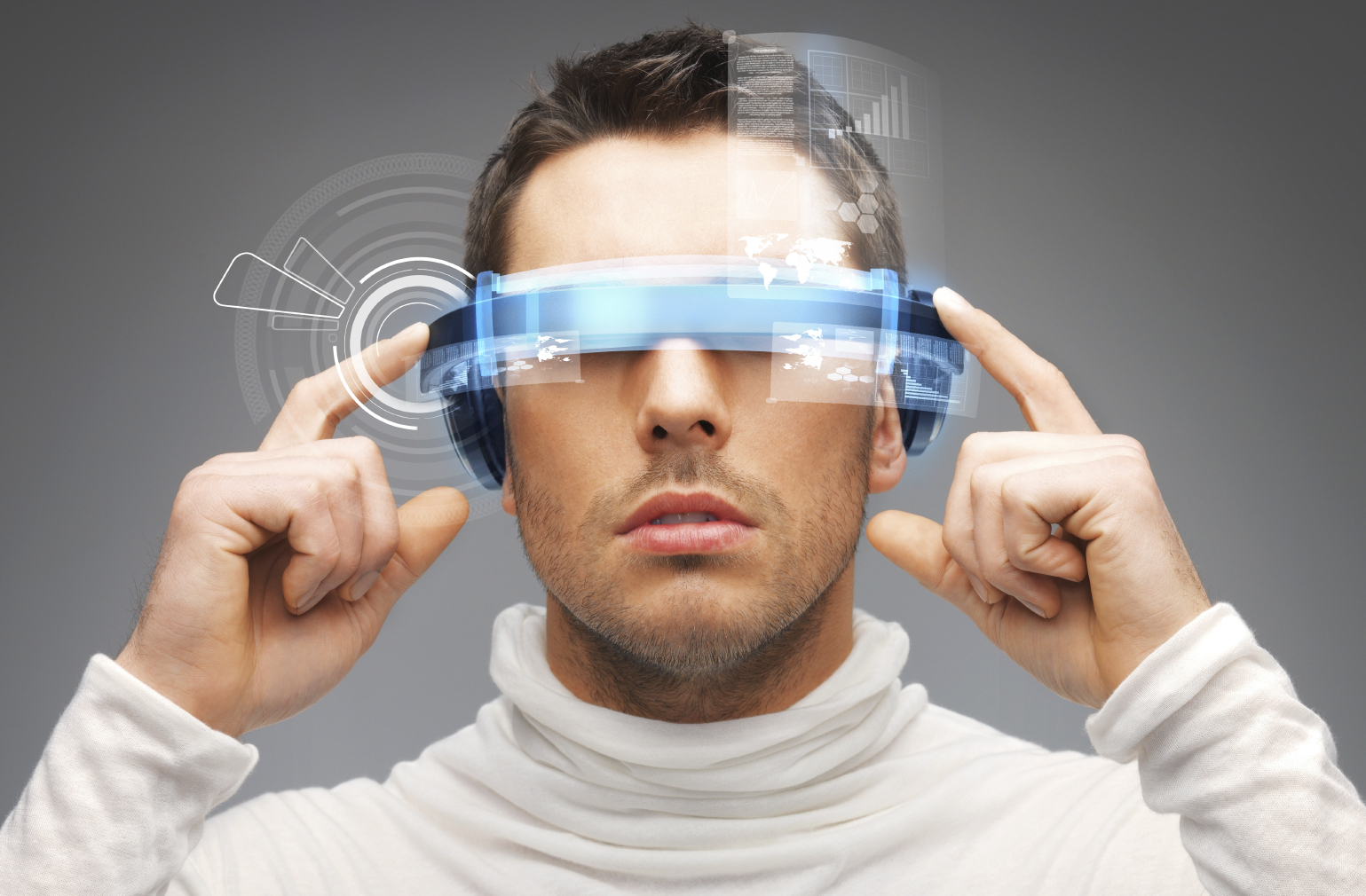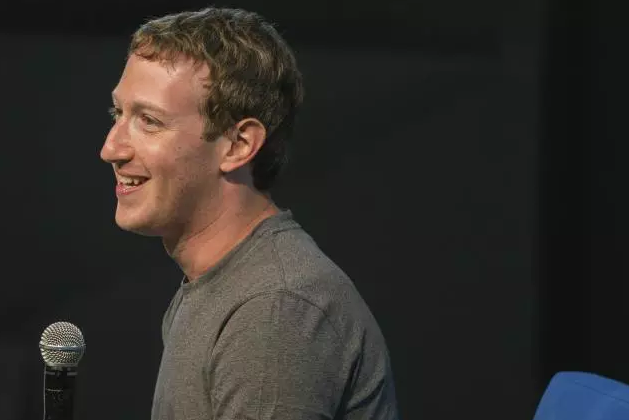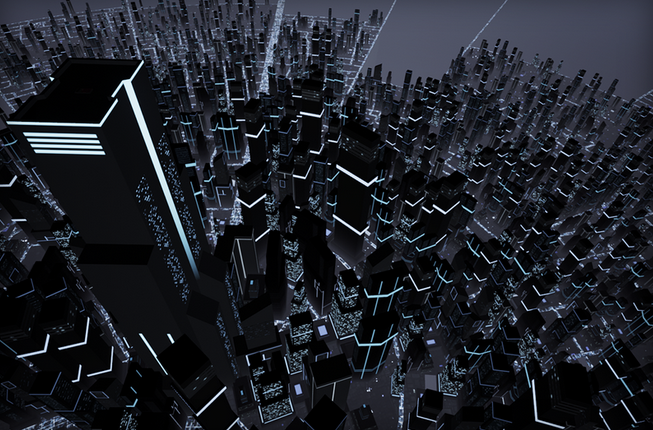What Happened
Earlier today, Facebook unveiled the first original VR experience produced for Oculus Rift, its first consumer-facing virtual reality headset. Henry, a 10-minute-long animation short created by a former Pixar alum, is among several original narratives that will be made available on Oculus Rift when it launches in early 2016. Similarly, Samsung announced earlier this month that it has teamed up with Skybound Entertainment, to produce a VR horror series exclusively for its Gear VR headsets.
What Brands Should Do
As more and more media owners and brands start producing original content for the VR platform, it is important for brands seeking to immersively engage with its audience to start creating branded VR content now to stay ahead of the curve. For instance, subscription-based beauty e-retailer Birchbox is adding Google Cardboard in their monthly offers to treat its customers to some branded VR experiences. Besides, brands can also team up with media owners and content creators to help produce their own VR content.
Source: The Hollywood Reporter





